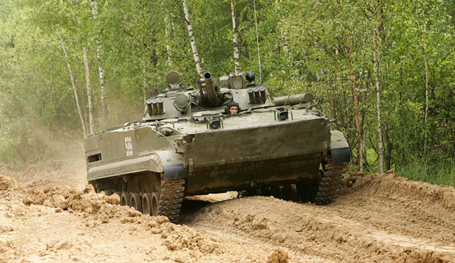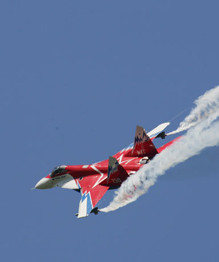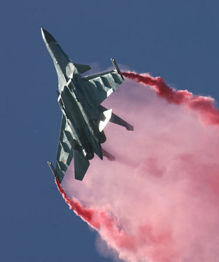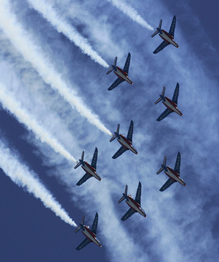Pristine beauty of Russia's Altai
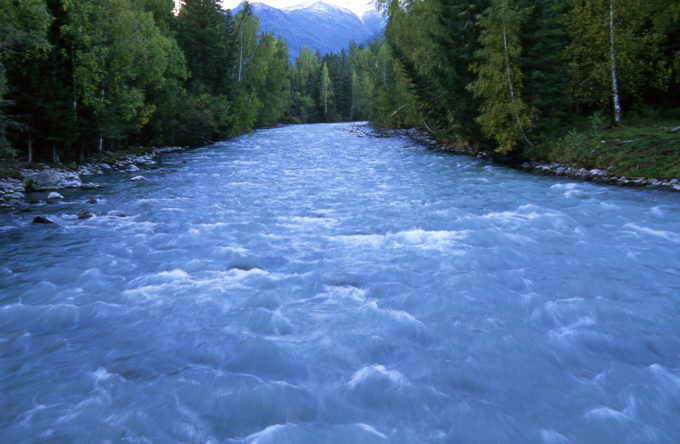
The Altai Krai, or the Altai region is a territory of Russia in Western Siberia. The krai's administrative center is the city of Barnaul. Altai Krai has rolling foothills, grasslands, lakes, rivers, and mountains. The climate is severe with long cold dry winters and hot, usually dry summers.
The Altai Krai, or the Altai region is a territory of Russia in Western Siberia. The krai's administrative center is the city of Barnaul. Altai Krai has rolling foothills, grasslands, lakes, rivers, and mountains. The climate is severe with long cold dry winters and hot, usually dry summers.

Forests cover about 60,000 km² of the krai's land
Forests cover about 60,000 km² of the krai's land
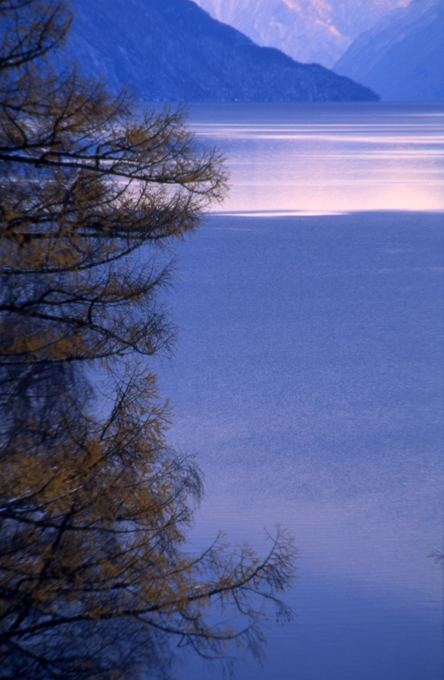
he region's main waterway is the Ob River. The Biya and Katun Rivers are also important. The biggest lakes are Lake Kulundinskoye, Lake Kuchukskoye, and Lake Mikhaylovskoye
he region's main waterway is the Ob River. The Biya and Katun Rivers are also important. The biggest lakes are Lake Kulundinskoye, Lake Kuchukskoye, and Lake Mikhaylovskoye
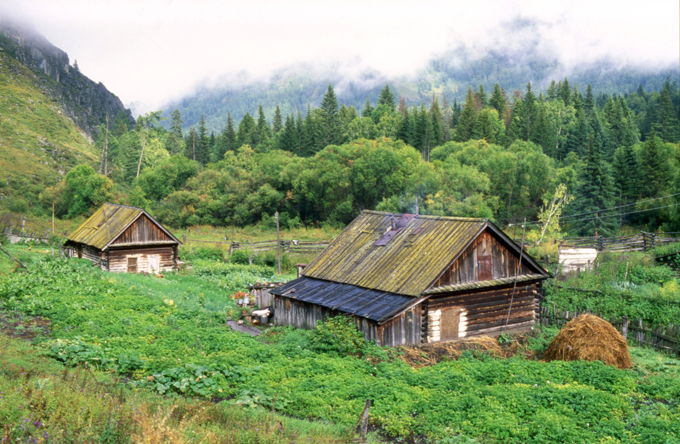
This area is part of a great crossroads in the ancient world. Nomadic tribes crossed through the territory during periods of migration
This area is part of a great crossroads in the ancient world. Nomadic tribes crossed through the territory during periods of migration
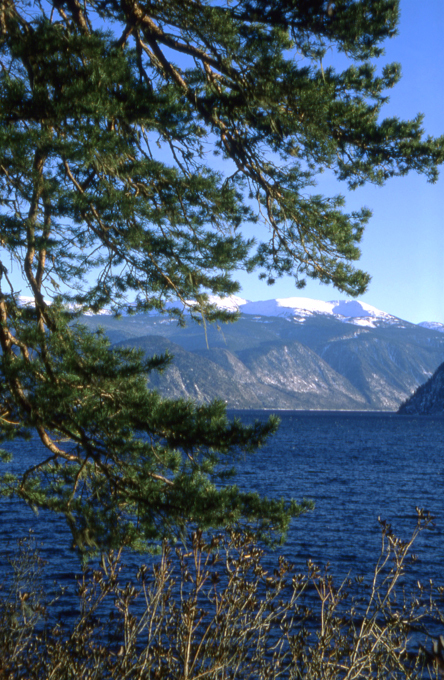
Altai Krai has huge reserves of raw materials, especially materials used for building, as well as significant mineral reserves.
Altai Krai has huge reserves of raw materials, especially materials used for building, as well as significant mineral reserves.
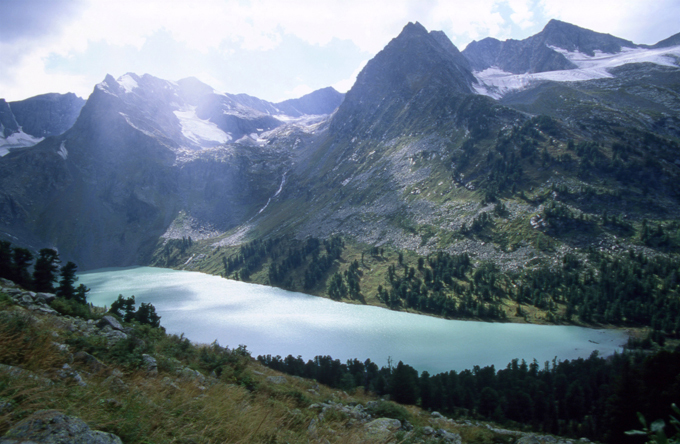
People started inhabiting the valleys of this region 1.5 million years ago
People started inhabiting the valleys of this region 1.5 million years ago
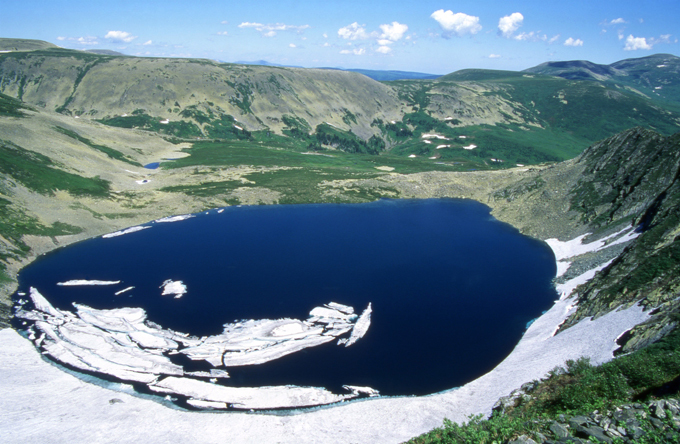
The region is extremely popular among fans of extreme sports and adventures in the wild
The region is extremely popular among fans of extreme sports and adventures in the wild
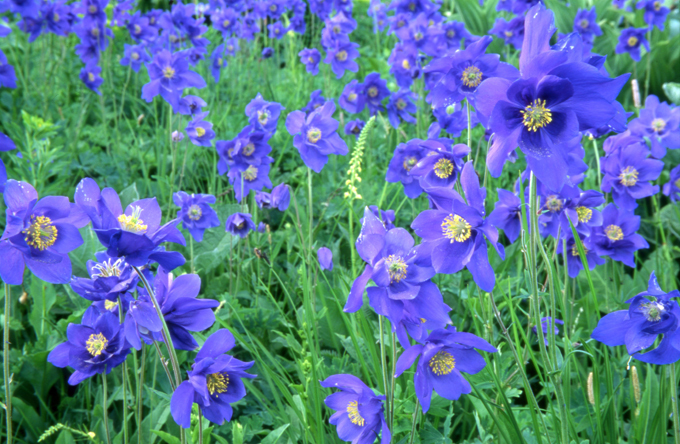
The fauna of the Altai Krai includes more than 320 species of birds and 90 species of mammals. Most valuable species of flora include: golden root (Rhodiola rosea), Maral root (rapontikum carthamoides), red root (Hedysarum forgotten), Marina roots (peony), Ural licorice, marjoram, St. John's wort, elfwort and others.
The fauna of the Altai Krai includes more than 320 species of birds and 90 species of mammals. Most valuable species of flora include: golden root (Rhodiola rosea), Maral root (rapontikum carthamoides), red root (Hedysarum forgotten), Marina roots (peony), Ural licorice, marjoram, St. John's wort, elfwort and others.
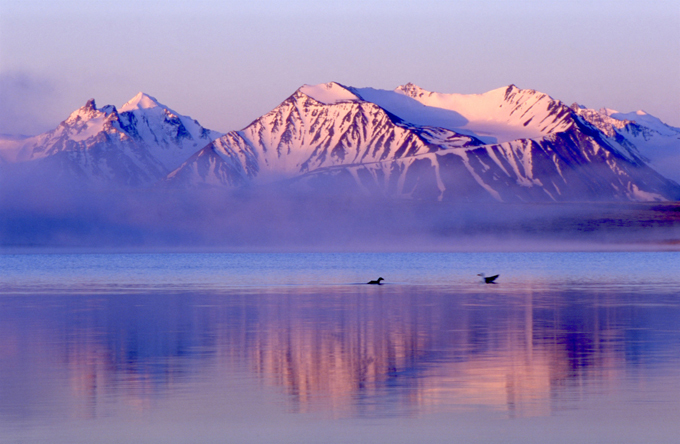
Altai, Katun and Ukok Plateau reserves form a UNESCO World Heritage Site, known as "The Golden Mountains of Altai"
Altai, Katun and Ukok Plateau reserves form a UNESCO World Heritage Site, known as "The Golden Mountains of Altai"
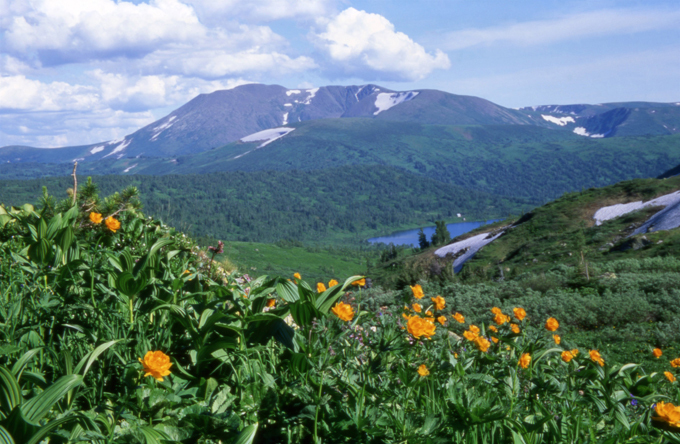
The highest peak of Siberia, Mount Belukha (4506 m), is located in Altai. Russia's deepest cave, Ekologicheskaya (345 meters), and Russia's third deepest lake, Lake Teletskoye, are also located in the region
The highest peak of Siberia, Mount Belukha (4506 m), is located in Altai. Russia's deepest cave, Ekologicheskaya (345 meters), and Russia's third deepest lake, Lake Teletskoye, are also located in the region
